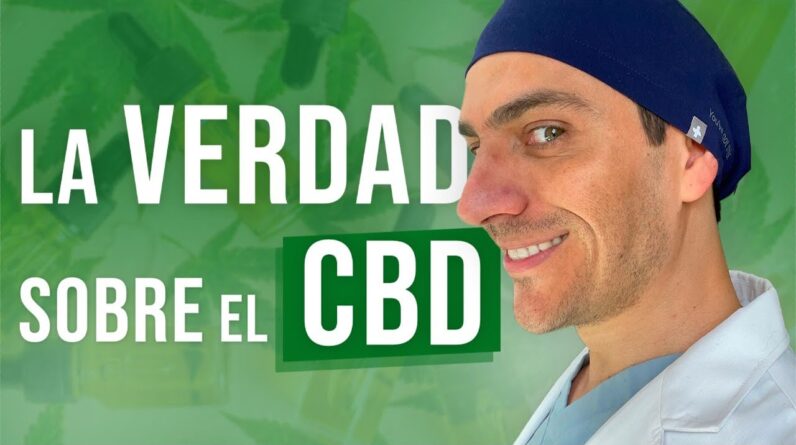
Introduction to CBD
In recent years, there has been a whirlwind of publicly acclaimed benefits attributed to CBD, or cannabidiol, a naturally occurring compound found in the resinous flower of Cannabis. Anecdotal reports indicate that CBD has helped individuals overcome depression, regain lost energy and improve their overall quality of life. Are these claims too good to be true? Let’s delve into what science can confirm about CBD.
Understanding CBD
To begin with, it’s essential to clarify that CBD is a very tiny component of marijuana. The intoxicating or ‘high’ sensation associated with marijuana use is linked to THC or tetrahydrocannabinol, and not CBD. Both CBD and THC have significant therapeutic attributes; however, unlike THC, CBD does not make a person feel drugged or intoxicated.
This is because CBD and THC act differently and on separate receptors in the brain and body. These receptors are called cannabinoid receptors, primarily found in nerve cells across the body, including the brain. But interestingly, although CBD doesn’t intoxicate or drug individuals, it can make us feel ‘high’.
Action of CBD in the Body
Studies indicate that CBD acts on various types of receptors, including the serotonin 5-HT1A receptor, which can help regulate sleep, mood, anxiety, and pain. CBD can also indirectly alter the body’s own cannabinoid receptor activity. However, the exact method of how CBD interacts with the body remains a mystery to most scientists. While strong scientific evidence doesn’t support many health-related anecdotal claims about CBD, it doesn’t make them false – just unconfirmed thus far.
Acknowledged Use of CBD – Epilepsy
A well-publicized use of CBD is in the treatment of epilepsy. In 2013, the story of a little girl named Charlotte Figi hit international news. Charlotte suffered from intractable pediatric epilepsy until her parents administered an oil extracted from a specific strain of marijuana that had a higher CBD content than THC. Inspired by a similar success story in California, her parents tried CBD and found that it drastically reduced Charlotte’s seizures.
A New Drug
Based on this clinical evidence, GW Pharmaceuticals developed its CBD extract named ‘Epidiolex’. Clinical trials for specific conditions like Dravet Syndrome and Lennox Gastaut Syndrome – two forms of pediatric epilepsy – showed promising results. As a result, in 2018, the FDA approved Epidiolex for treating these two forms of epilepsy in children unresponsive to other treatments.
Can CBD Treat Pain?
Although we have some knowledge about CBD and pain, most of it stems from studies on animals, primarily mice, and often different types of neuropathic pain. While CBD has prevented, and in some cases reversed, a sign called ‘mechanical allodynia’ – a painful sensation to a non-nociceptive stimulus – we still do not know if this compound can treat pain in humans. Though the evidence is not yet compelling, theorizing CBD as a future alternative to opioids seems plausible.
CBD for Insomnia and Anxiety
This is possibly the most significant point of confusion. While the FDA approved CBD derived from marijuana for epilepsy treatment, most of the supplements found in the market come from hemp. And the truth is, we do not know if hemp-derived products have the same effects as those extracted from marijuana, largely because they have not been appropriately analyzed.
Future of CBD
As of now, the FDA does not approve these supplements’ use. However, more studies are likely to be conducted in the future, hopefully, shedding light on these areas of confusion.
In conclusion, while CBD has shown some promising results in specific conditions, many anecdotal health claims associated with it lack strong scientific evidence. It’s crucial to stay informed and understand the scientific basis behind this medicine, its precise indications, and what it can and cannot do.





